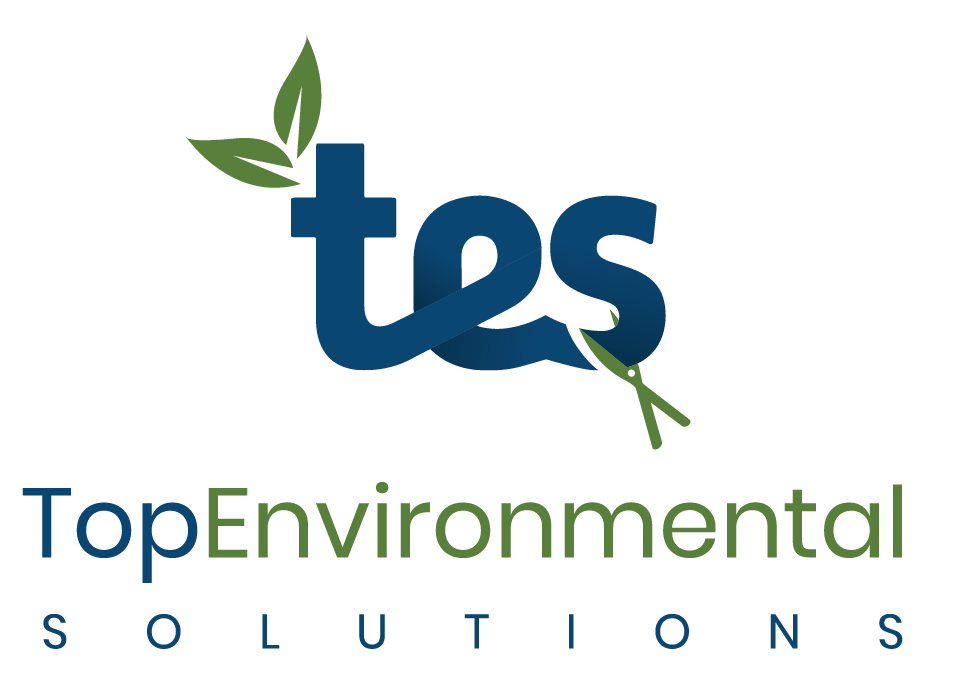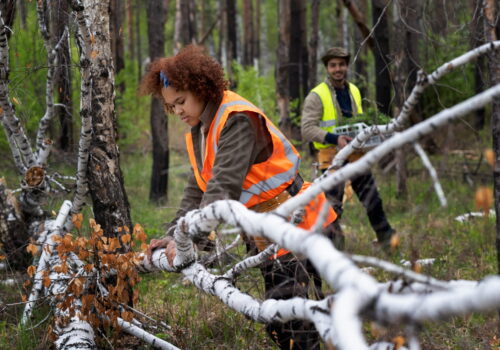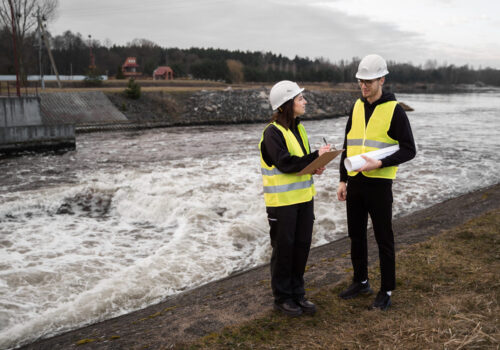The Importance of Ecological Assessment in Conservation Planning
In the intricate tapestry of our natural world, every species, habitat, and ecosystem plays a unique and crucial role. As human activities continue to shape landscapes, the need for effective conservation planning becomes increasingly evident. Ecological assessment emerges as a fundamental tool in this process, serving as a compass to navigate the delicate balance between development and environmental preservation.
Understanding Ecological Assessment
This involves the comprehensive evaluation of an area’s ecological characteristics, including its flora, fauna, and physical attributes. This meticulous process provides a holistic view of the ecosystem’s health and its vulnerability to potential threats. It not only helps identify valuable habitats and species but also uncovers potential challenges, such as invasive species, pollution, and habitat degradation.
1. Informed Conservation Decisions
Conservation planning informed by ecological assessment leads to well-informed decisions. By understanding the intricacies of an ecosystem, conservationists and policymakers can devise strategies that protect the most vulnerable species and habitats. It aids in setting realistic goals, whether it’s preserving a critical breeding ground or restoring a degraded wetland.
2. Sustainable Development
Balancing economic growth with environmental sustainability is a complex task. Ecological assessments provide the necessary data to guide development projects away from ecologically sensitive areas. For example, an ecological assessment might reveal that a proposed construction site is also a crucial habitat for rare bird species.
3. Mitigating Bushfire Hazards
In fire-prone regions, understanding the landscape’s fire susceptibility is crucial. An ecological assessment can incorporate a bushfire hazard assessment to determine how the fire might impact different ecosystems. This insight allows land managers to implement fire mitigation strategies and safeguard both human and ecological communities.
4. Enhancing Biodiversity
Conservation isn’t just about preserving what’s already there; it’s also about fostering biodiversity. Ecological assessments help identify opportunities for habitat restoration and enhancement, promoting the return of native species and the creation of healthier ecosystems.
5. Adaptive Management
The environment is dynamic, with ecosystems constantly changing due to natural processes and human influence. Ecological assessments are not static documents; they provide a foundation for adaptive management. As new information emerges, conservation strategies can be adjusted to accommodate changing circumstances.
Conclusion
In the realm of conservation planning, ecological assessment is an invaluable tool that guides us toward sustainable solutions. We can make informed decisions that protect biodiversity, support sustainable development, and mitigate potential threats like bushfires. With the world’s ecological balance hanging in the balance, incorporating thorough ecological assessments into conservation strategies is not just a choice—it’s a necessity.






